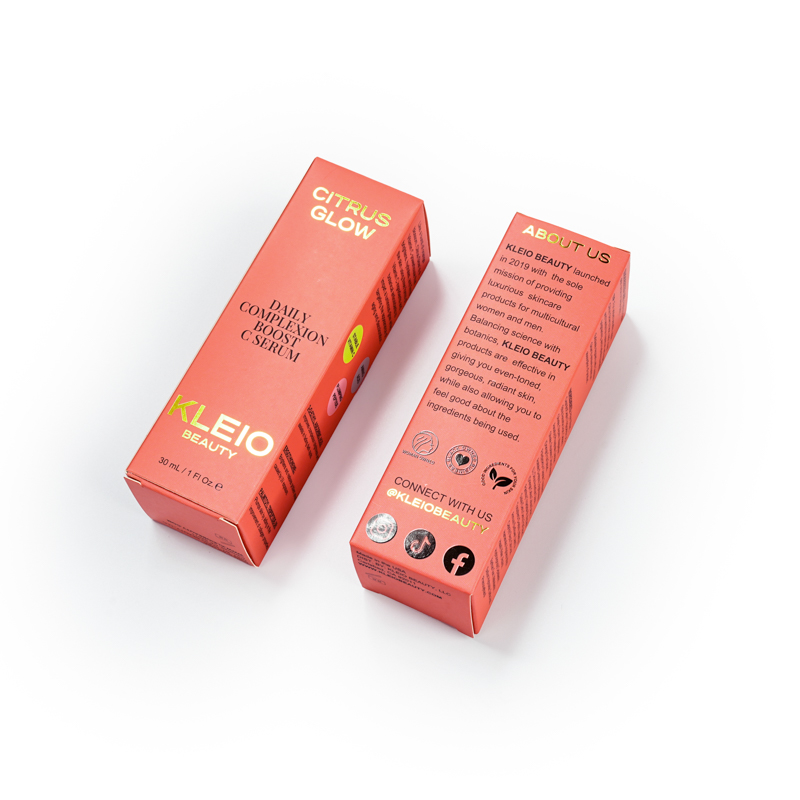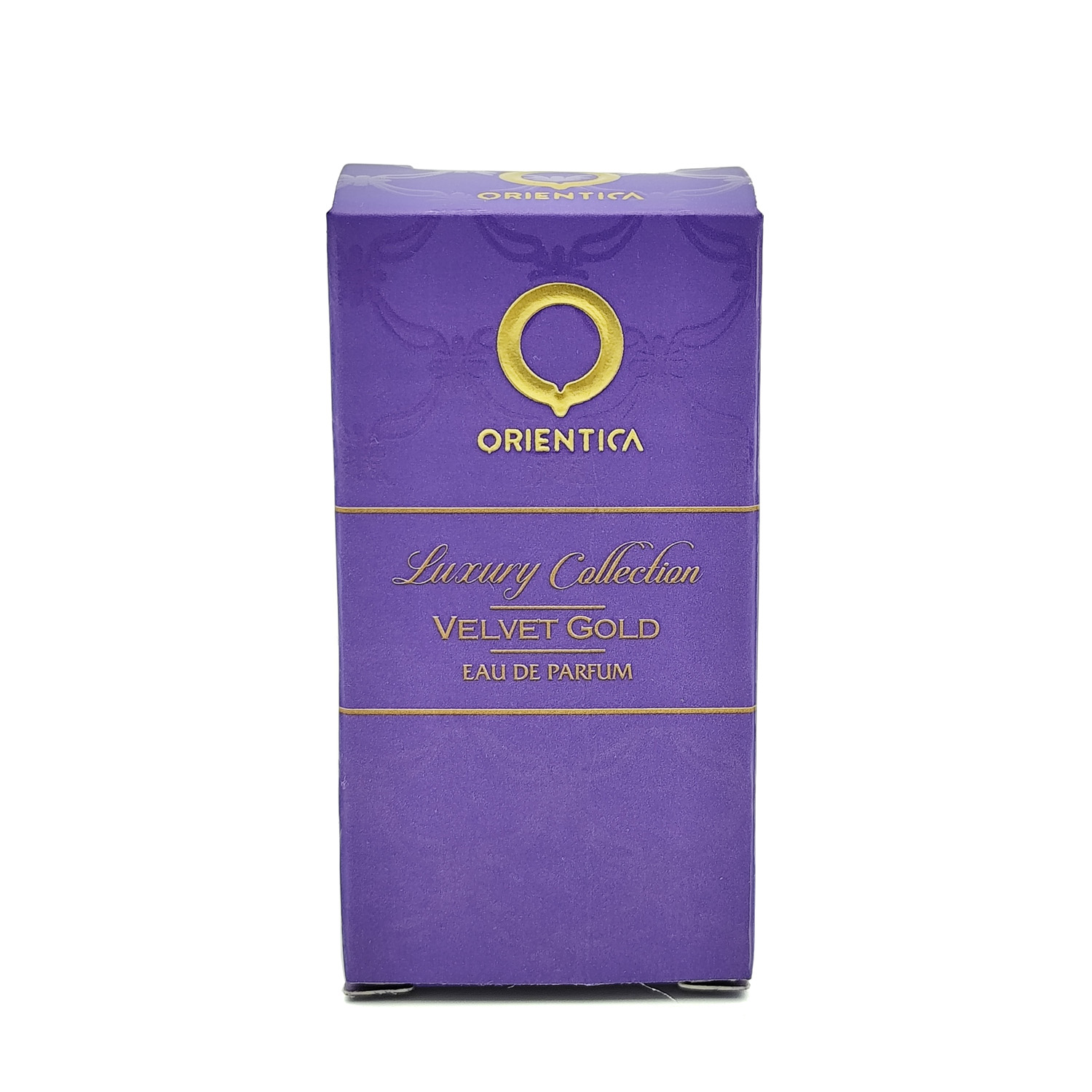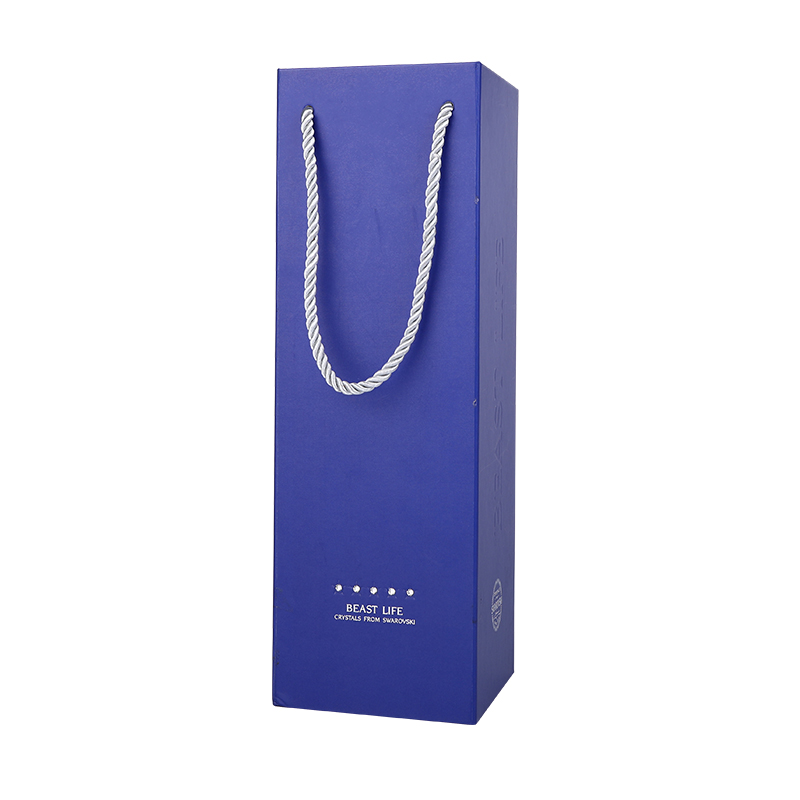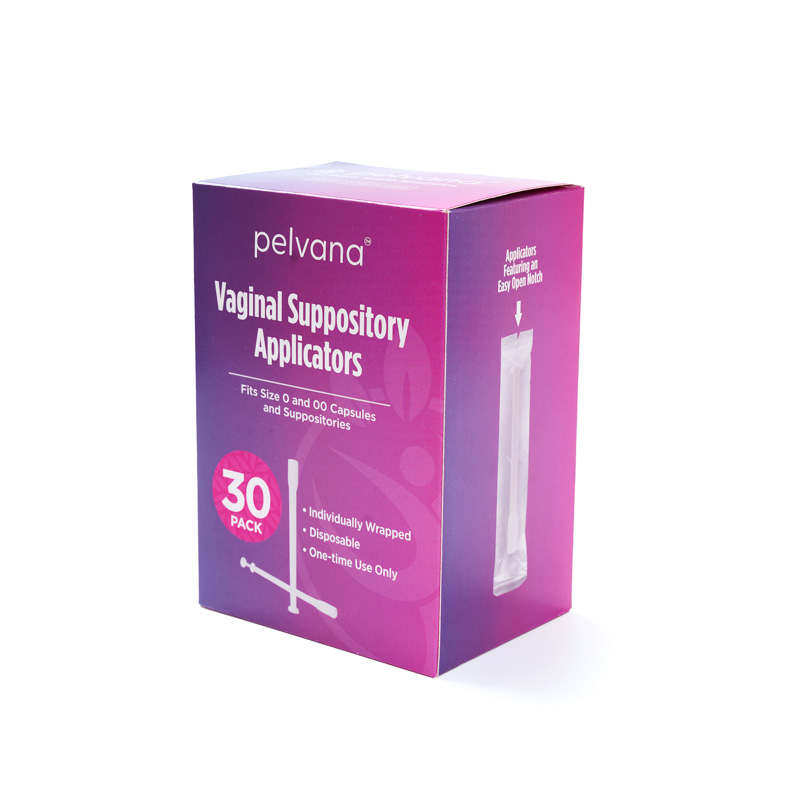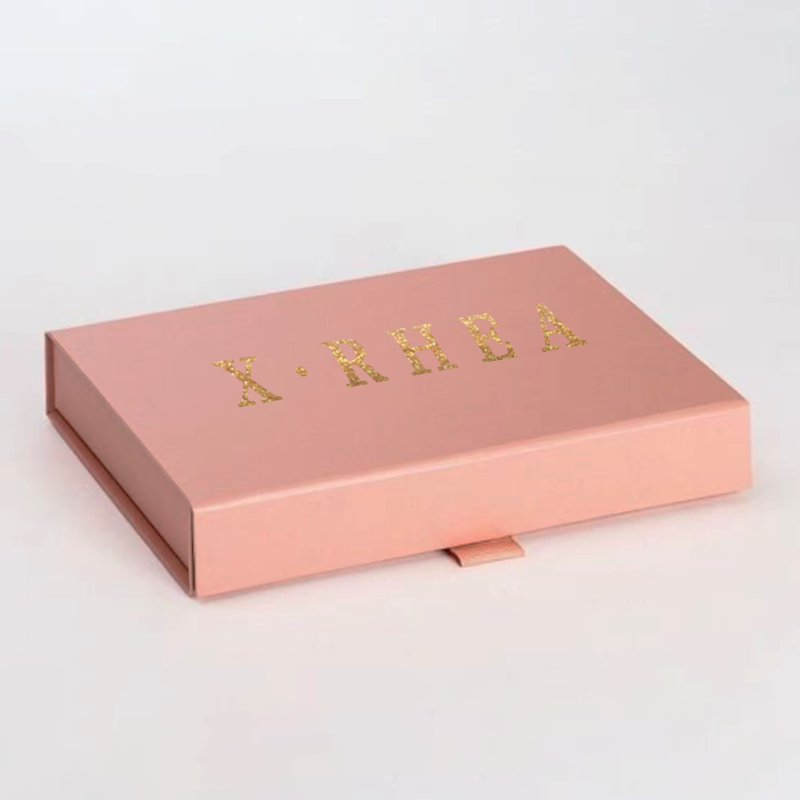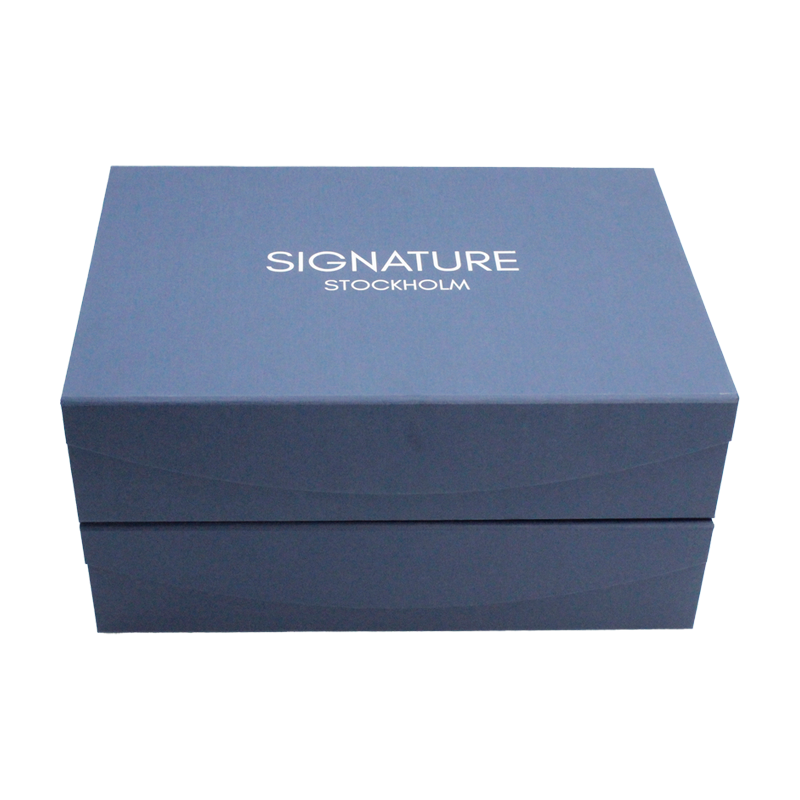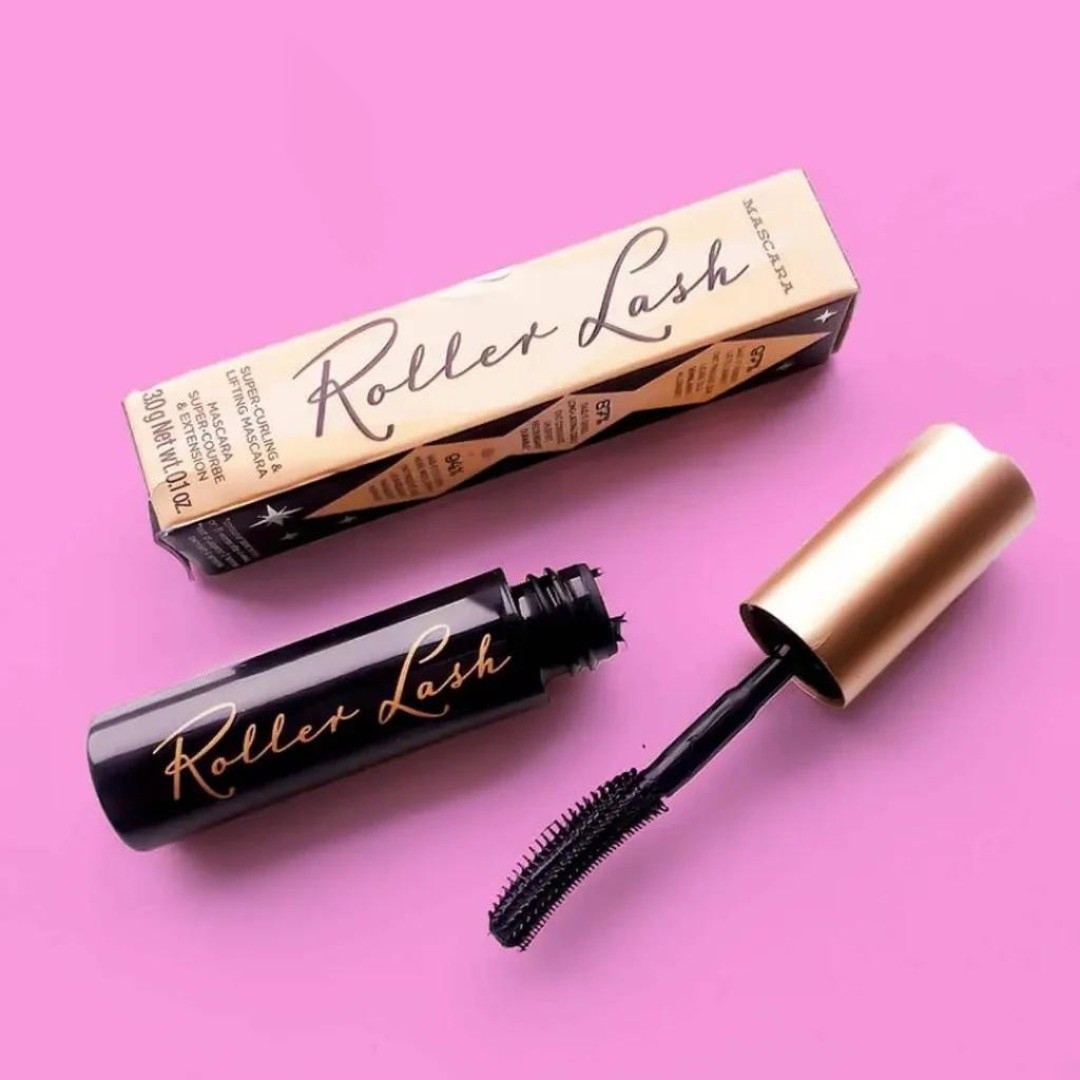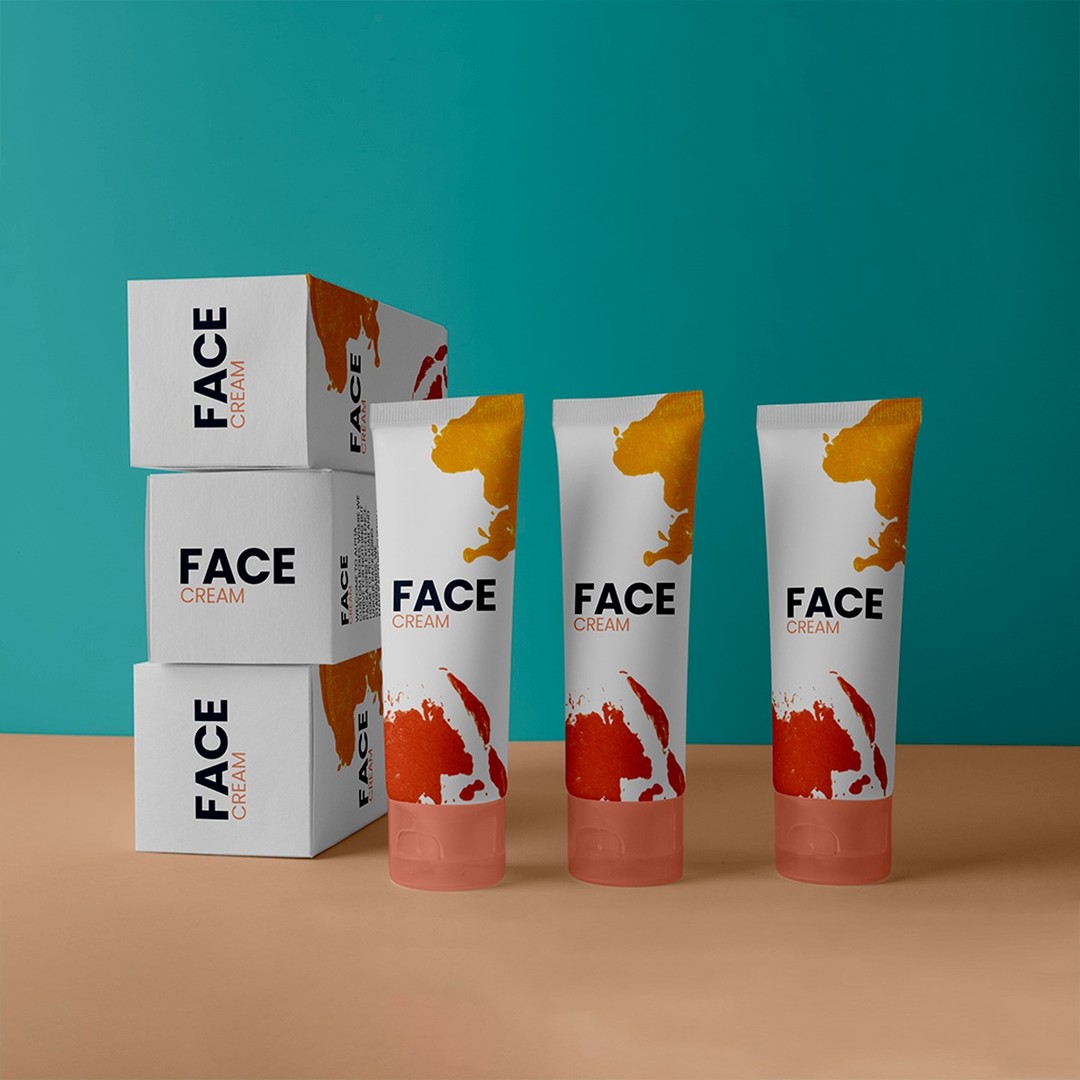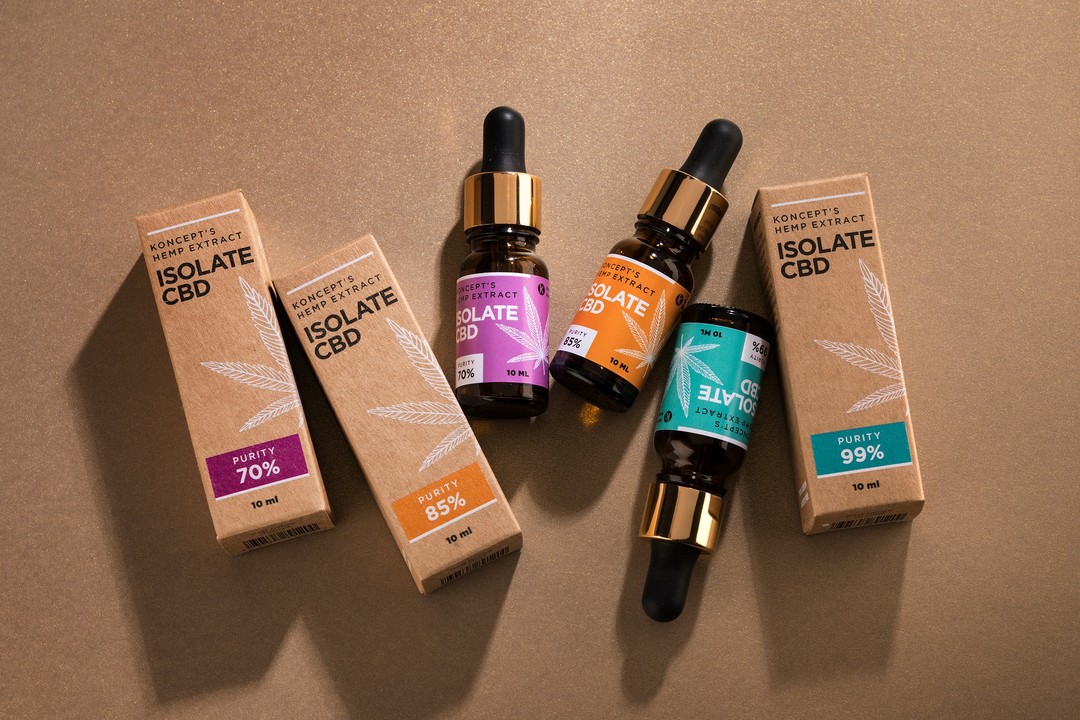목차
In the world of tea, packaging plays a crucial role in shaping customer perception. Well-designed tea packaging not only protects the product but also communicates the brand’s essence, ensuring it stands out on shelves and in online stores. In this guide, we’ll explore various tea packaging ideas, materials, and best practices. By the end, you’ll have a solid understanding of how to design and select the perfect packaging for your tea products. We’ll also share some inspirational tea packaging examples that showcase innovative and effective designs.
1. Different Types of Tea Packaging
When it comes to tea, packaging is a critical element. Tea is a delicate product that needs to be preserved properly, and packaging plays a significant role in maintaining its freshness. Whether you’re packaging loose-leaf teas, tea bags, or specialty blends, the packaging choice is essential. Below are some popular types of packaging that work well for tea products:
1.1 Custom Folding Boxes
Custom folding boxes are one of the most versatile packaging options for tea. These boxes are especially suitable for tea bags or sachets, but they can also be used for loose leaf teas if sealed in a plastic or foil bag. Folding boxes are made from paperboard, making them an ideal canvas for branding. They can be printed in full color with your brand’s artwork, logos, and messaging, which makes them an attractive option for businesses looking to enhance their brand visibility. Additionally, folding cartons are available in various shapes and sizes, allowing you to create customized tea boxes that stand out on the shelf.
1.2 Stand-Up Pouches
Stand-up pouches are another popular choice for tea packaging. They are cost-effective, easy to use, and provide ample space for custom labels. This type of packaging is resealable, ensuring that tea stays fresh after opening. Stand-up pouches are perfect for both loose-leaf teas and tea sachets, and their ability to stand on store shelves makes them a convenient option for retailers. The resealable feature ensures that customers can use the product as needed without worrying about the tea losing its freshness.
1.3 Canisters
Canisters are commonly used for high-end tea packaging. They come in two main types: metal and cardboard. Both materials offer unique benefits, with metal canisters providing a premium feel and extended durability, while cardboard canisters are lightweight and often more affordable. These containers are customizable, allowing you to use different colors, textures, and finishes to match your brand’s aesthetic. Custom labels on canisters can add a personal touch and turn a simple tea container into an elegant and functional piece of packaging.
2. Key Considerations When Packaging Tea
When designing tea packaging, there are several important factors to consider to ensure that your tea remains fresh, accessible, and protected. Here are three crucial considerations when packaging your tea products:
2.1 Freshness Preservation
Exposure to air, moisture, and sunlight can degrade the quality of tea quickly. To maintain the flavor and aroma, it’s essential to choose packaging that shields the tea from these environmental factors. Tea bags and sachets should be individually wrapped, while loose-leaf teas should be sealed in a resealable plastic bag or foil pouch. You can also consider vacuum-sealing options to maintain the product’s freshness and prevent contamination. Proper packaging ensures your customers receive the highest quality product possible.
2.2 Convenience for Consumers
Tea packaging should be easy to use and convenient for customers. Whether it’s resealable pouches or custom folding cartons that organize tea bags neatly inside, consider how your customers will interact with your packaging. Some tea packaging, like folding cartons, can even double as a storage organizer, keeping your products safe while ensuring they are easy to access. The packaging should help customers pour the right amount of tea without any hassle.
2.3 Eco-Friendly Packaging Options
As sustainability becomes more important to consumers, it’s crucial to consider eco-friendly packaging solutions. Many customers prefer biodegradable tea bags, recyclable boxes, and compostable pouches. Offering packaging made from natural, renewable materials aligns with the growing trend of environmental responsibility. By choosing eco-conscious packaging options, you can attract eco-conscious consumers who want to support brands that prioritize sustainability.
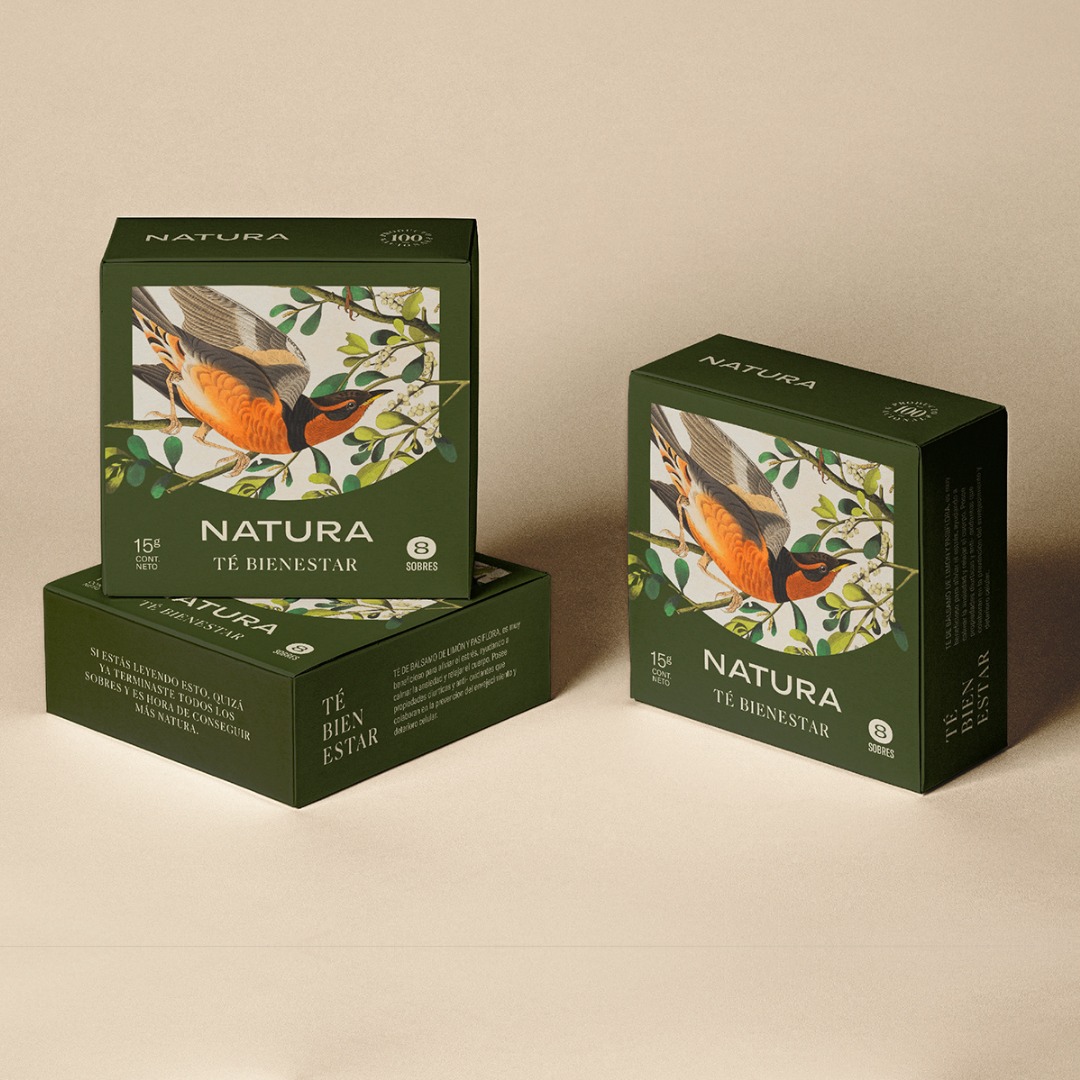
3. Packaging Design and Labeling for Tea
The design of your tea packaging is an extension of your brand’s identity. It should reflect the values and story of your brand while being functional and visually appealing. Here are some key points to consider when designing tea packaging and labels:
3.1 Align Packaging with Your Brand Identity
When designing packaging for tea, it’s essential to ensure that the design aligns with your brand’s identity. The packaging is often the first interaction a customer has with your tea, so it should communicate your brand’s story and values effectively. Whether your brand is luxury, organic, or contemporary, the packaging should match the style and tone of your company’s image. Be consistent with your use of color, font, and design elements to create a cohesive visual identity.
3.2 Keep the Design Simple
Effective tea packaging is clear and concise. Focus on essential details like the product name, brand logo, a short product description, and any unique selling points. The best packaging communicates the product’s key attributes without overwhelming the consumer with excessive text or imagery. Keeping it simple ensures that the message remains clear and the packaging remains appealing and approachable.
3.3 Collaborate with Design Professionals
While designing packaging might be tempting for DIY enthusiasts, partnering with a professional graphic designer can take your packaging to the next level. A professional can provide valuable advice on design choices and ensure that your packaging is both functional and visually striking. An experienced designer can also help you select the right materials and finishes to make your tea packaging stand out. Working with an established packaging company can also help you discover materials that best match your product, whether you’re aiming for an eco-friendly solution or a more luxurious presentation.
4. Tea Packaging Design Examples to Inspire You
Looking for some inspiration? Below are five outstanding examples of tea packaging designs that effectively combine creativity and functionality:
4.1 Numi Tea
Numi Tea is a perfect example of how minimalist packaging can make a significant impact. The company’s folding cartons use simple graphics, a clean layout, and bold typography to convey their brand message. The consistent design across different tea varieties creates a cohesive brand experience while highlighting the unique characteristics of each tea flavor.
4.2 Rishi Tea
Rishi Tea is known for its high-quality loose-leaf teas, and their packaging reflects the premium nature of their products. Their matcha tins, for example, are plain white metal containers with a minimalist label design. The simplicity of the packaging allows the focus to remain on the tea inside while still conveying a sense of quality and sophistication.
4.3 Teatulia
Teatulia’s packaging stands out due to its creative use of materials and textures. Their cardboard tea canisters have a bamboo-like finish, and the custom labels are wrapped around them with a natural aesthetic. These canisters are not only visually appealing but also eco-friendly, aligning with the brand’s commitment to sustainability.
4.4 Art of Tea
Art of Tea has mastered the art of cohesive packaging design. Their tea boxes and individual tea bag wrappers complement each other perfectly, creating a polished and visually appealing brand presence. The boxes themselves also serve a practical purpose by organizing the tea bags, making the product easy to store and access.
4.5 Little Prayer Tea
Little Prayer Tea’s use of vibrant colors and creative typefaces sets their packaging apart. Each carton in their range features a bold color scheme, while the consistent use of typography ensures a unified brand aesthetic across all products. The playful yet sophisticated design is perfect for attracting attention on store shelves.
5. Enhancing Your Tea Packaging Strategy
With the right packaging strategy, you can take your tea brand to the next level. Here are some strategies to help you design packaging that resonates with your target audience:
5.1 Prioritize Functionality
While aesthetics are important, functionality should always come first. Tea packaging should not only look good but also protect the product and be easy to use. Make sure your packaging is sturdy, resealable, and easy to store. For instance, stand-up pouches and folding cartons can offer both practicality and visual appeal, making them ideal for a variety of tea products.
5.2 Choose Sustainable Packaging Solutions
Sustainability is becoming a key factor in consumer purchasing decisions. Offering biodegradable tea bags, recyclable containers, or eco-friendly packaging options will help your brand connect with environmentally conscious consumers. Look for packaging suppliers that offer sustainable materials, such as recycled paperboard or compostable pouches, to align with the growing trend for eco-friendly products.
5.3 Test and Refine Your Packaging
Before committing to a large production run, test your packaging with a small sample batch. This allows you to assess the functionality and visual appeal of your packaging while gathering valuable feedback from customers. Make adjustments as needed to ensure that your packaging meets your brand’s objectives and resonates with your target market.
6. FAQs About Tea Packaging
6.1 What is the best packaging for loose-leaf tea?
The best packaging for loose-leaf tea typically includes resealable pouches or vacuum-sealed foil bags to protect the tea from air, moisture, and light. For added protection, custom folding cartons can also be used to house the pouches, providing an extra layer of security and a more upscale presentation.
6.2 Can I use eco-friendly packaging for my tea brand?
Yes! Many tea brands are shifting toward eco-friendly packaging solutions, such as biodegradable tea bags, recyclable containers, and compostable pouches. Choosing eco-friendly packaging materials helps your brand align with sustainability values and appeals to environmentally conscious consumers.
6.3 How can I design effective tea packaging that stands out?
Effective tea packaging is a balance between creativity and functionality. Focus on creating packaging that reflects your brand’s identity, using bold graphics, consistent colors, and high-quality materials. Remember to keep the design simple, clear, and aligned with your target market’s preferences to ensure that your packaging is both eye-catching and practical.
7. Conclusion: Perfect Your Tea Packaging
Tea packaging is more than just a protective cover for your product. It serves as a powerful marketing tool that can help you stand out in a crowded market. By choosing the right materials, design, and packaging options, you can create a packaging experience that resonates with your customers and communicates your brand’s values. Whether you’re just starting your tea brand or looking to refresh your packaging, the insights and strategies shared here will help you create packaging that reflects your tea’s quality and uniqueness.
If you’re ready to take your tea packaging to the next level, feel free to reach out to us for expert advice on custom tea boxes, labeling, and packaging solutions. Together, we can create the perfect packaging for your tea products.

